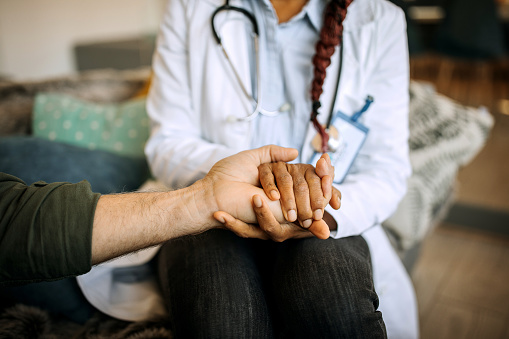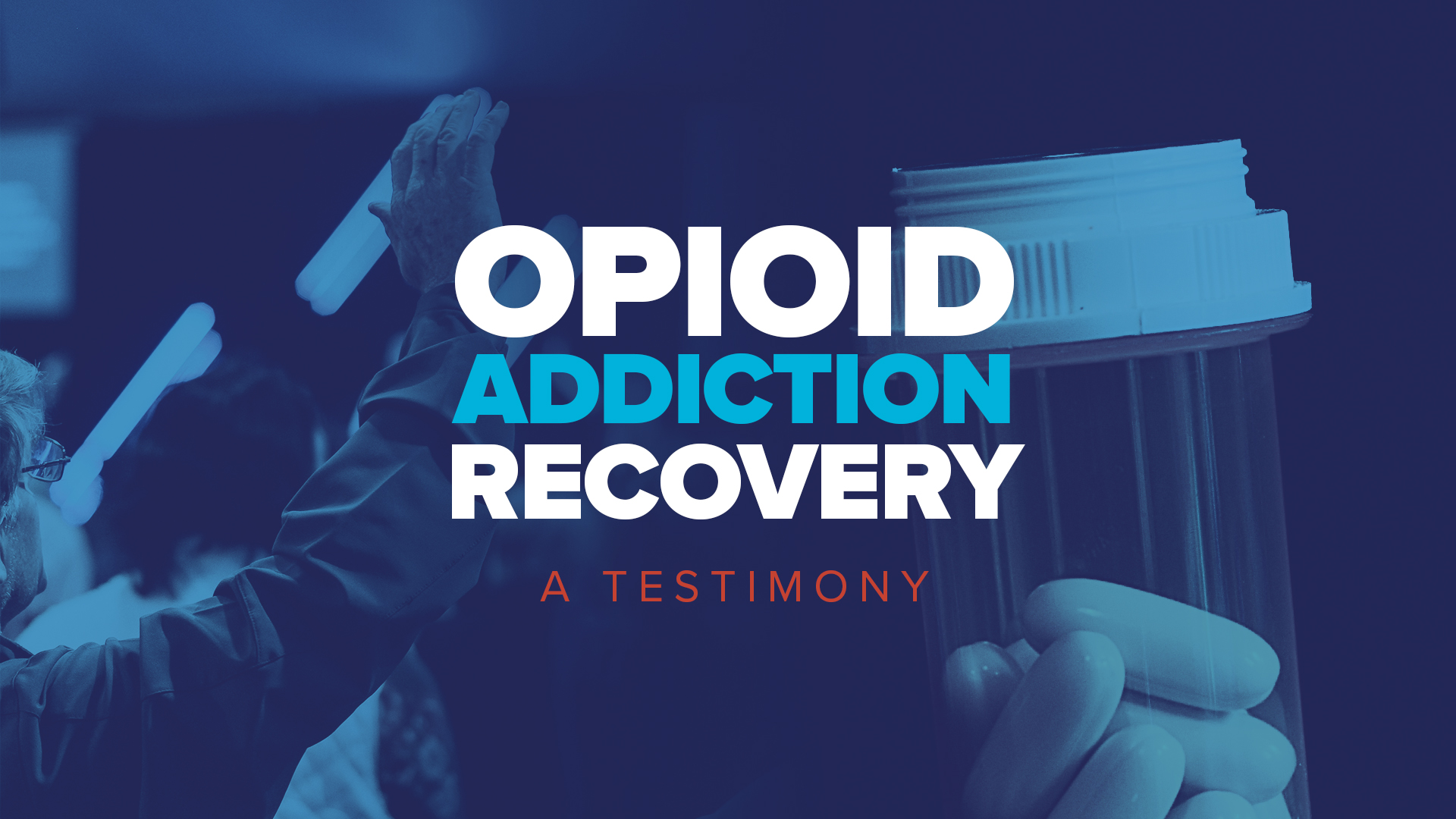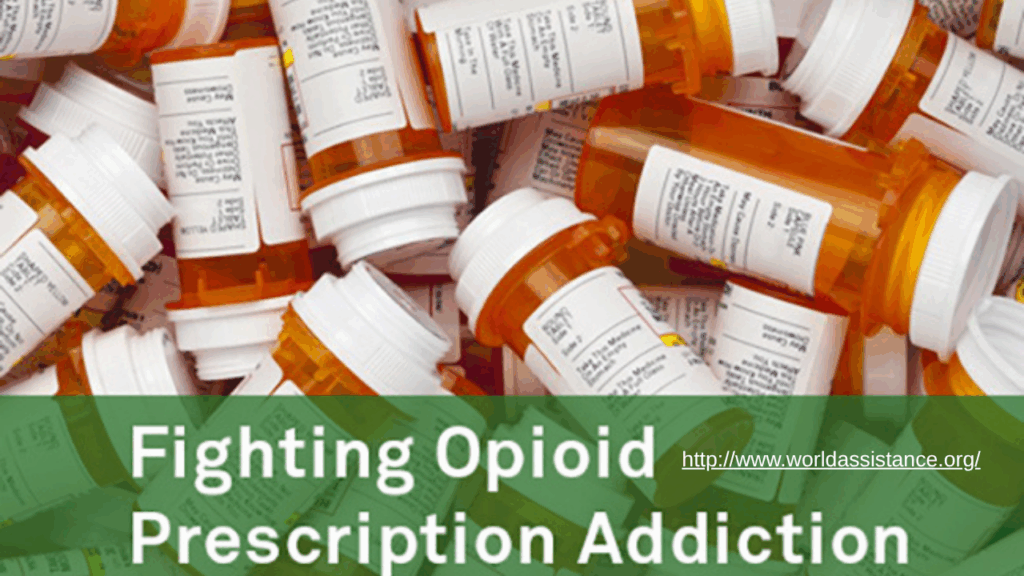Achieving sobriety is a courageous and life-changing decision. For individuals struggling with addiction, understanding the right strategies to maintain long-term recovery is essential. World Assistance offers compassionate, expert-guided programs designed to help people stay clean, rebuild their lives, and achieve lasting wellness. With individualized care, mental health support, and holistic approaches, clients are equipped to navigate the challenges of recovery with confidence and hope.
Understanding the Path to Lasting Sobriety
Recovery is not a single event but a continuous journey. Addiction affects the mind, body, and spirit, making it essential to address all aspects of health in the recovery process. World Assistance emphasizes personalized treatment plans that cater to each client’s unique history, needs, and goals. This approach ensures that individuals receive comprehensive support tailored to their specific situation, increasing the likelihood of long-term success.
Inpatient and Outpatient Programs for Every Stage
World Assistance provides both inpatient and outpatient programs to meet varying levels of support. Inpatient treatment offers a structured environment with continuous medical supervision, therapy sessions, and emotional support. This level of care is ideal for individuals requiring intensive focus and removal from triggers in their daily environment.
Outpatient programs offer flexibility for those who need to balance recovery with responsibilities such as work, school, or family. Outpatient care includes counseling, group sessions, and personalized treatment plans that reinforce sobriety strategies while allowing clients to maintain everyday routines. Both inpatient and outpatient programs integrate evidence-based therapies with compassionate guidance to create a strong foundation for lasting recovery.
Holistic Approaches to Strengthen Recovery
Sustaining sobriety requires more than abstaining from substances. World Assistance incorporates holistic care to support emotional, physical, and spiritual well-being. Mindfulness practices, stress management, nutrition counseling, and physical wellness programs are combined with traditional therapy to help clients develop resilience, reduce relapse risk, and build healthier habits.
Faith-based programs are also available for clients seeking spiritual guidance as part of their recovery. These programs integrate spiritual growth with therapeutic care, providing a sense of purpose and motivation that strengthens the recovery journey.
Mental Health Support for Sustainable Change
Addiction and mental health challenges often occur together. World Assistance offers integrated mental health services alongside addiction treatment to address co-occurring conditions such as depression, anxiety, and trauma. By treating both addiction and mental health concerns simultaneously, clients are better prepared to manage triggers, cope with stress, and maintain long-term sobriety.
Proven Strategies for Staying Clean
Successful recovery involves practical strategies that reinforce sobriety on a daily basis. Key approaches include:
Building a Support Network
Strong connections with family, friends, peers, and counselors provide accountability, encouragement, and guidance during recovery. Support networks are essential for navigating challenges and celebrating milestones.
Developing Healthy Routines
Establishing regular schedules for work, exercise, therapy, and self-care helps create stability and reduces the temptation to relapse.
Continuing Therapy and Counseling
Ongoing therapy, group sessions, and check-ins with counselors help address emotional triggers, reinforce coping skills, and maintain focus on recovery goals.
Embracing Holistic Wellness
Incorporating mindfulness, meditation, and physical wellness practices strengthens emotional resilience and promotes a balanced, healthy lifestyle.
Taking the First Step Toward a Clean Future
Staying clean is a journey that requires support, guidance, and proven strategies. With World Assistance, individuals gain access to compassionate care, personalized treatment plans, and holistic support designed to help them succeed. Every step toward sobriety is a step toward reclaiming your life, your health, and your future.
If you or a loved one is struggling with addiction, taking action today can transform your tomorrow. Contact World Assistance to explore treatment options and begin your journey to lasting sobriety and renewed strength.





